Welcome to “Breaking Books: How to Get Started as a Book Reviewer.” This course will walk you through the basics of writing, pitching, and publishing book reviews. We will discuss the many ways book reviews are valuable for literary citizenship, networking, and building relationships within the publishing community. Assignments will include submissions bombing (in which you will craft work for interested markets), drafting pitches, and mapping the ways that reviews can help accomplish one’s goals for one’s own creative work.
Book Reviews Methods
- Begin with the first lesson at your convenience, each new lesson will be accessible daily;
- Complete reading and writing assignments at your own pace;
- Engage with other writers on your lesson page if you wish;
- Submit chosen work to faculty for individualized, written feedback via our One on One option at the bottom of each lesson page.
Reviewing Goals
- To help students strategize when writing reviews, publishing them in a way that furthers their professional development as both creative and critical writers;
- To generate and revise publishable reviews;
- To expose students to a wide range of approaches to the art of literary criticism;
- To help students learn industry standards with respect to book reviews (such as the usual wordcount, deadlines, and formatting guidelines);
- To help students craft convincing and persuasive pitches for book reviews.
Contributing Faculty
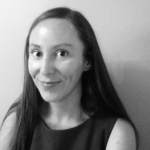 Kristina Marie Darling is the author of over twenty collections of poetry. Her awards include two Yaddo residencies, a Hawthornden Castle Fellowship, and a Visiting Artist Fellowship from the American Academy in Rome, as well as grants from the Whiting Foundation and Harvard University’s Kittredge Fund. She is currently working toward both a Ph.D. in English Literature at S.U.N.Y.-Buffalo and an M.F.A. in Poetry at New York University.
Kristina Marie Darling is the author of over twenty collections of poetry. Her awards include two Yaddo residencies, a Hawthornden Castle Fellowship, and a Visiting Artist Fellowship from the American Academy in Rome, as well as grants from the Whiting Foundation and Harvard University’s Kittredge Fund. She is currently working toward both a Ph.D. in English Literature at S.U.N.Y.-Buffalo and an M.F.A. in Poetry at New York University.
Why Online Writing Workshops?
Online creative writing workshops present the best of both worlds for creative writers. Creative isolation and craft interaction. In “Show or Tell: Should Creative Writing be Taught?” (The New Yorker), Louis Menand not only asks should, but also if. Our stance at The Eckleburg Workshops is that writers can be shown craft writing skills. Writers can be encouraged to explore voice through the practice of these skills. Writers can observe and deduce authentic skills in both master and developing narratives. It is our job to sculpt and nurture creative writing and this is best done by published authors and experienced writing teachers. This is what we give you in each and every writing course and in our One on One individualized manuscript sessions.

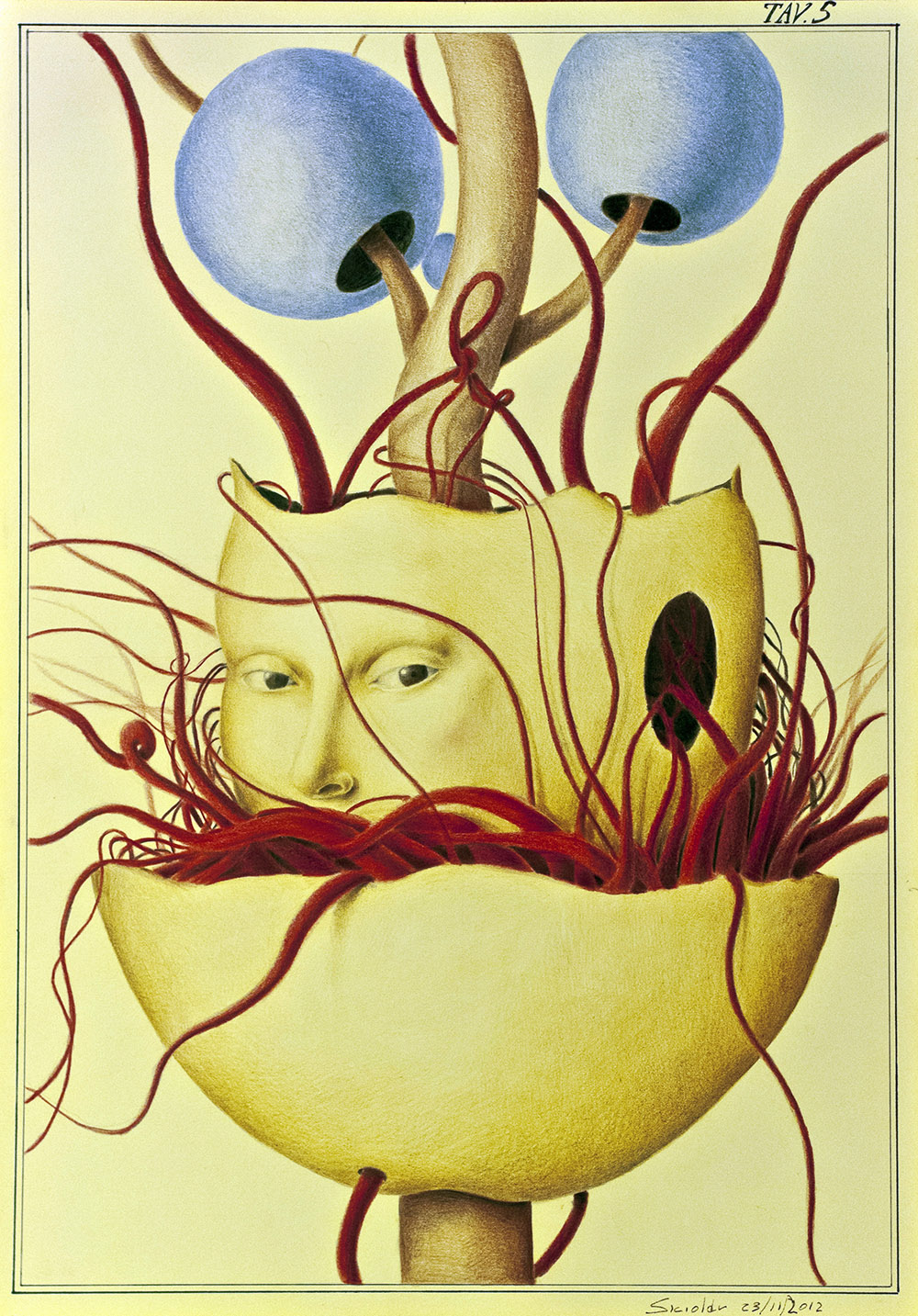

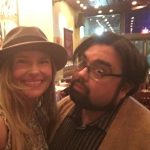
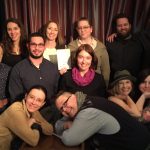
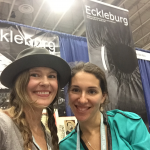
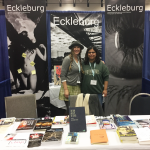
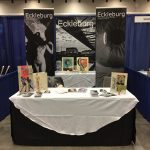
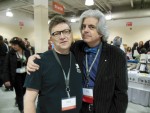
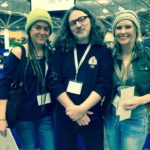
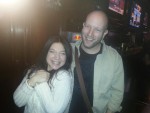
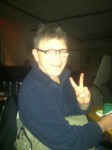
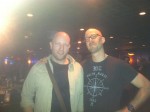
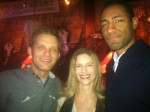
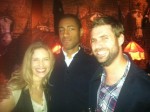
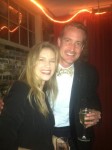
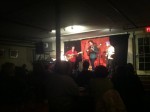
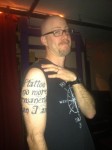

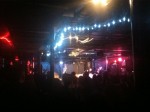
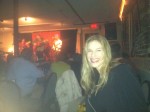




 . 2007.
. 2007. . Film. 1992.
. Film. 1992. . 1928.
. 1928.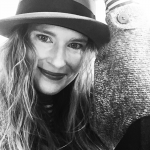 Rae Bryant is the author of the short story collection, The Indefinite State of Imaginary Morals. Her fiction, prose-poetry and essays have appeared in print and online at The Paris Review, The Missouri Review, Diagram, StoryQuarterly, McSweeney’s, New World Writing, Gargoyle Magazine, and Redivider, among other publications and have been nominated for the Pen/Hemingway, Pen Emerging Writers, &NOW Award and Pushcart Prize. She has won awards in fiction from Whidbey Writers and The Johns Hopkins University. She earned a Masters in Writing from Hopkins where she continues to teach creative writing and is editor in chief of The Doctor T. J. Eckleburg Review. She has also taught in the International Writing Program at The University of Iowa. She is represented by Jennifer Carlson of Dunow, Carlson and Lerner.
Rae Bryant is the author of the short story collection, The Indefinite State of Imaginary Morals. Her fiction, prose-poetry and essays have appeared in print and online at The Paris Review, The Missouri Review, Diagram, StoryQuarterly, McSweeney’s, New World Writing, Gargoyle Magazine, and Redivider, among other publications and have been nominated for the Pen/Hemingway, Pen Emerging Writers, &NOW Award and Pushcart Prize. She has won awards in fiction from Whidbey Writers and The Johns Hopkins University. She earned a Masters in Writing from Hopkins where she continues to teach creative writing and is editor in chief of The Doctor T. J. Eckleburg Review. She has also taught in the International Writing Program at The University of Iowa. She is represented by Jennifer Carlson of Dunow, Carlson and Lerner.